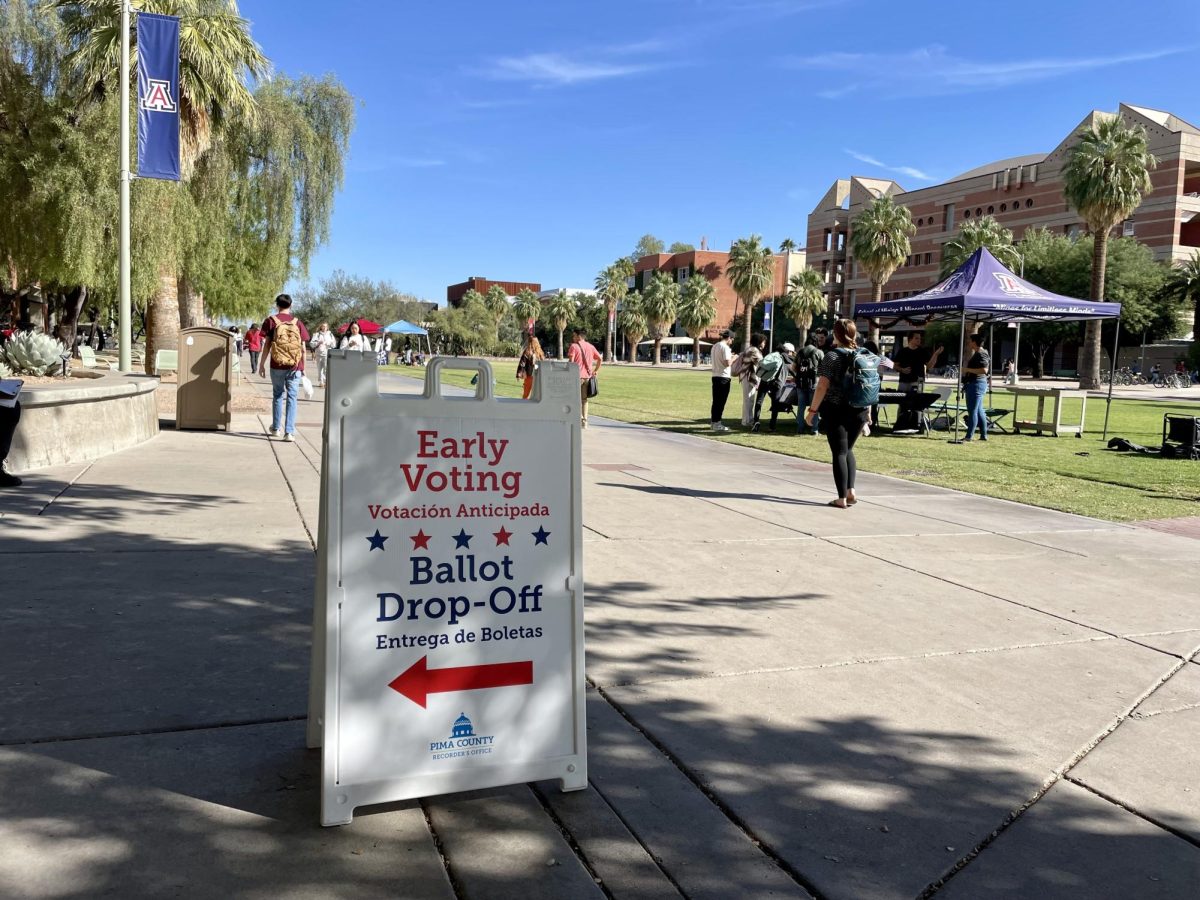Lawmakers are looking to take animal cruelty penalties to a new level by establishing an animal abuser registry to publicize the information of convicted offenders in the same way that sex offenders are required to register with law enforcement.
If the plan is successful, Arizona would become the first state in the nation to create a registry of animal abusers.
The Republican-backed legislation would require those convicted of animal cruelty, fighting or bestiality to register with the Department of Public Safety to be added to the registry, which would include a current photograph of the offender, alongside their full name and address. First time offenders would be on the registry for five years, while repeat offenders would be listed for 10 years
Anyone who sells, transfers or adopts out pets would be required to search the registry for the person seeking to acquire the animal, and knowingly selling or adopting the animal to someone on the registry would face a $250 fine.
An amendment to Senate Bill 1072 exempts retail pet store owners and employees from the fine.
The legislation borrows much of the language from legislation that was initially introduced in 2013 and 2014 by a Democratic lawmaker. This time, Republicans are spearheading the effort to pass the nation’s first animal abuser registry.
“What we’re talking about here is post conviction of the most vile human beings on the planet,”
Sen. Sonny Borelli, the Republican from Lake Havasu City who is sponsoring the bill, said. “We want to be able to have this on a registry, so that way a shelter can cross-reference to make sure that they’re not giving an animal– Fluffy or Fifi— to somebody who’s going to abuse them.”
During the Feb. 14 hearing in the Senate Military Affairs, Public Safety and Border Security Committee, a lobbyist for the Arizona Department of Public Safety, which would be tasked with maintaining the registry, raised concerns about the costs to do so, saying that if Borelli is looking to do something of the same scale as the sex offender registry, they’ll have to factor in additional resources such as staff to review cases.
But Borrelli insisted that the animal abuser registry would not require as much maintenance from DPS as the sex offender registry.
“If the person is ordered by the court that they have to register, it’s their responsibility to go and see DPS and get on the website,” Borrelli said. “So, we’re trying to make this as easy as pie.”
Even if it is signed into law, the registry would only go into effect if the legislature can set aside money specifically for the new registry by July 2024.
Animal rights advocate Debra Nolen, who testified in favor of the bill, said that a registry tracking animal abuse could serve a greater purpose in documenting the criminal history of abusers.
This story first appeared in AZ Mirror.











